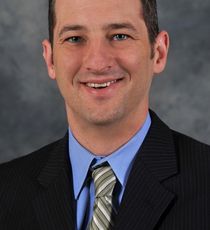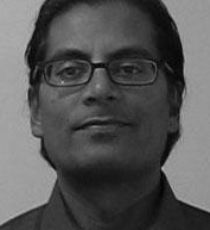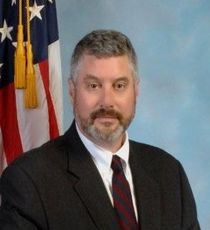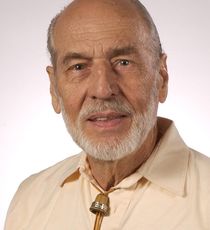When the Bush administration invaded Iraq, it not only put us in the middle of a centuries-old religious war, it put us into a convoluted religious war within a religious war. It not only was a war between nations, it was a war between groups within those nations.
Our defeat of Iraq made its religious opponent, Iran, a more powerful nation in the Middle East. We also unintentionally became identified with Iraq’s Shiites and Christians, and against the Sunnis. More importantly, however, the removal of Saddam Hussein reignited an internal war within Iraq between two kinds of Muslims: radical Muslims who believe in Holy War to defend their true religion, and peaceful Muslims who believe the Quran teaches them to give shelter and support to the stranger in need, regardless of religious or other differences.
This internal Muslim war then spread rapidly throughout the world, even into secular nations like France, Belgium, England and the U.S. Radical Muslim fundamentalists believe that it is the time of Yawm al-Qīyāmah, which is the equivalent of the Christian End Times, also known as Armageddon, Apocalypse and Judgement Day. They believe that it’s a time for the final war between true believers and non-believers, who include the peaceful majority of Muslims.
This second kind of religious war between Muslims within nations and groups is the war that is most dangerous to the U.S. because it is worldwide. Although ISIS is certainly a threat to the U.S., there’s no way its army is going to attack us. The real threat to our nation’s security is that a few jihadists or garden variety sociopaths will get assault rifles or some form of bomb or chemical weapon to terrorize a part of our country.
The likely source of terrorism will come from anywhere religious fanatics believe they’ll go to heaven if they kill Christians who are waging war against their religion. An attack on the U.S. will likely come from within the U.S. via ISIS, al-Qaeda, HAMMAS, Hizballah, Abu Nidal, Boko Haram, or any of the growing list of groups the U.S. has designated as terrorist. There is no way we can go outside this country and kill them all.
President Obama’s critics say he should have been able to figure out how to extricate us from the religious wars the Bush administration put us in the middle of, and are now springing up everywhere. But what’s Obama to do? Since most of his critics believe our best defense against terrorism is to kill other people before they can kill us, they say he has to make sure we kill the right fundamentalists in very large numbers. In the process, he also has to make sure he doesn’t get the U.S. itself blamed for waging a religious war. If that should ever happen, he’d create a terrorist threat without end.
Republican candidates for president want to put thousands of American “boots on the ground” in Afghanistan and Iraq — again — and now into Syria and possibly elsewhere. Somehow they believe that, for the first time, we’ll be able to pick the right fanatics in religious wars to arm and support with American lives.
On the other hand, there’s another way to interpret what Obama should be doing—and may be doing very well. Instead of sending tens of thousands of troops to play a reactive game of terrorist whack-a-mole, he’s proactively analyzing all the threats to our nation and, given the limits of our resources and power, prioritizing the most effective ways to deal with them. This would include joining an international effort to destroy ISIS in Iraq and Syria, but without thousands of American combat troops who would unfortunately kill many innocents who might look like jihadists.
Above all, we’ve got to do everything we can to develop the intelligence ability to discover terrorist plans to conduct specific attacks on our nation—from wherever they originate—and enlist the support of peace loving persons worldwide to aid us. An important part of that effort is to demonstrate to the world, including our own citizens, that we are a secular democracy in which everyone can have at least a minimal civilized standard of living, regardless of religious belief, skin color, ethnic origin, sexual orientation, or level of education and economic success.
At one time we were widely respected in the world and well on our way to achieving that goal—before we resorted to financial and military force to convert other nations to our way of living.
Chuck Kelly is author of The Destructive Achiever; power and ethics in the American corporation, and Farewell Fantasyland; time for political and economic reality. He can be reached at kellycm2@bellsouth.net































































Join the Conversation
To find out more about Facebook commenting please read the Conversation Guidelines and FAQs